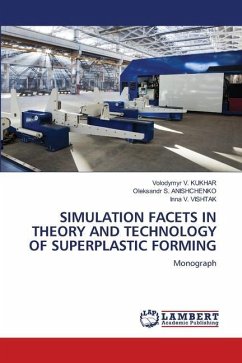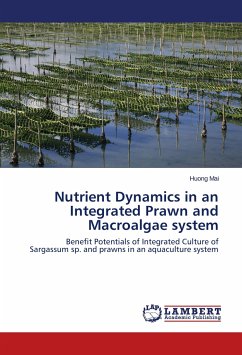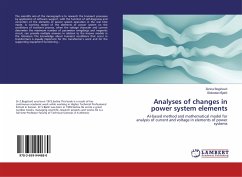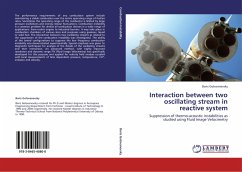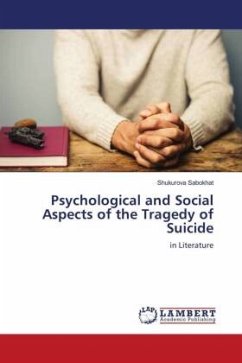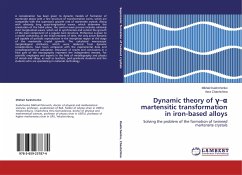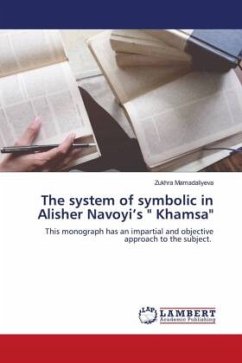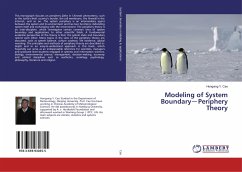
Modeling of System Boundary¿Periphery Theory
Versandkostenfrei!
Versandfertig in 6-10 Tagen
28,99 €
inkl. MwSt.

PAYBACK Punkte
14 °P sammeln!
This monograph focuses on periphery (jieke in Chinese) phenomena, such as the turtle's shell, country's border, the cell membrane, the firewall in the internet, and so on. The system periphery is an intermediary agent between the system and its environment and has two functions: defending system itself and exchanging with the environment. The periphery theory is an inter-discipline, which investigates certain common laws of system boundary and applications to other scientific fields. A fundamental academic perspective of the theory is that, the system state and boundary restrict each other. Ma...
This monograph focuses on periphery (jieke in Chinese) phenomena, such as the turtle's shell, country's border, the cell membrane, the firewall in the internet, and so on. The system periphery is an intermediary agent between the system and its environment and has two functions: defending system itself and exchanging with the environment. The periphery theory is an inter-discipline, which investigates certain common laws of system boundary and applications to other scientific fields. A fundamental academic perspective of the theory is that, the system state and boundary restrict each other. Many topics in the view of the periphery theory are discussed, such as system balance, culture coalesce, life existence, global warming. The principles and methods of periphery theory are described in-depth and in an easy-to-understand approach in this book, which hopefully can serve as an indispensable reference for scientists, managers and graduate level students engaged in systems and information sciences, biology, environmental science, management, decision-making, economy and related disciplines such as aesthetics, sociology, psychology, philosophy, literature and religion.




